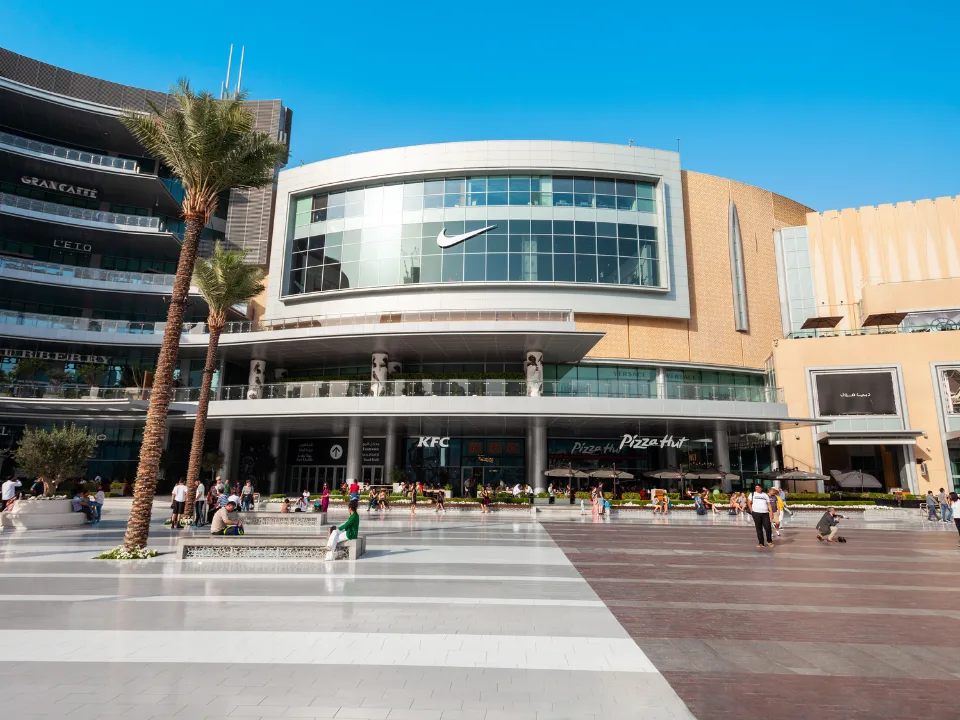- According to Mastercard SpendingPulse, total Black Friday spending rose by 3.4%, with online sales growing 14.6% while in-store sales rose a modest 0.7%.
- Adjusted for inflation, online sales rose by 8.5%, while in-store sales fell 8%, per data from Facteus.
- E-commerce giants like Amazon and Walmart benefited from surging online shopping, while traditional retailers such as Macy’s and Kohl’s saw muted growth.
- This year’s holiday shopping period is shorter, with only 26 days between Thanksgiving and Christmas, intensifying competition among retailers.
According to Reuters, Black Friday sales rose 3.4% YoY in the U.S., driven by a significant surge in online purchases, while in-store spending remained tepid.
By The Numbers
Black Friday highlighted a continued consumer preference for online shopping, with Adobe (ADBE) reporting $10.8B in e-commerce sales, up 10.2% from the previous year.
Salesforce recorded $17.5B in U.S. online sales on Friday, a 7% increase. Makeup, Bluetooth speakers, espresso machines, home appliances, and furniture topped the list of popular purchases.
Michelle Meyer, Mastercard’s chief economist, noted that despite inflation running above 2%, prices for key holiday items like clothing, jewelry, and sporting goods have either declined or risen modestly, further enticing online shoppers.
Brick-And-Mortar
In-store spending struggled, growing only 0.7% according to Mastercard and declining by 5.4% according to Facteus.
Inflation-adjusted figures show an even starker drop, as consumers sought the convenience and competitive pricing of online retailers.
Traditional department stores, including Macy’s (M) and Kohl’s (KSS), saw muted sales, while electronics retailers like Best Buy (BBY) experienced flat year-over-year growth.
In contrast, Walmart’s (WMT) heavy investment in online fulfillment and store-to-home delivery appeared to capture more spending.
Gaining Ground
Beyond major players like Amazon (AMZN) and Walmart, emerging e-commerce platforms such as Shein, TikTok Shop, and Temu saw strong YoY growth.
These platforms capitalized on mobile shopping trends and attracted deal-seekers with aggressive discounts.
Looking Ahead
Holiday spending from November 1 through December 24 is projected to rise 3.2% compared to 2023, according to Mastercard SpendingPulse.
However, inflationary pressures and the shorter holiday season could challenge brick-and-mortar retailers to compete effectively with their digital counterparts.
Black Friday’s results illustrate the growing dominance of e-commerce, as shoppers prioritize convenience, selection, and discounts in their holiday purchasing decisions.
Get Smarter about what matters in CRE
Stay ahead of trends in commercial real estate with CRE Daily – the free newsletter delivering everything you need to start your day in just 5-minutes

















